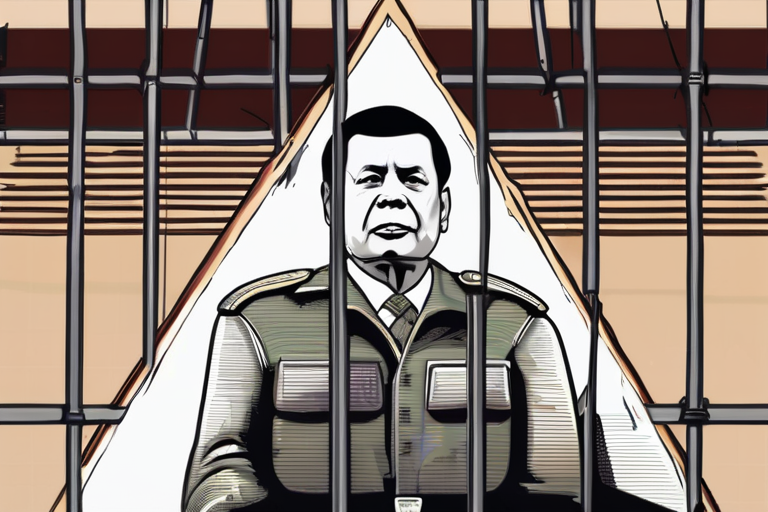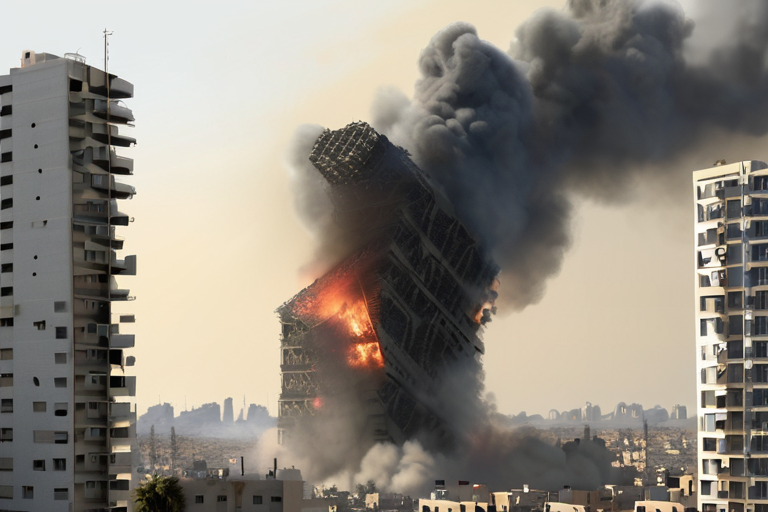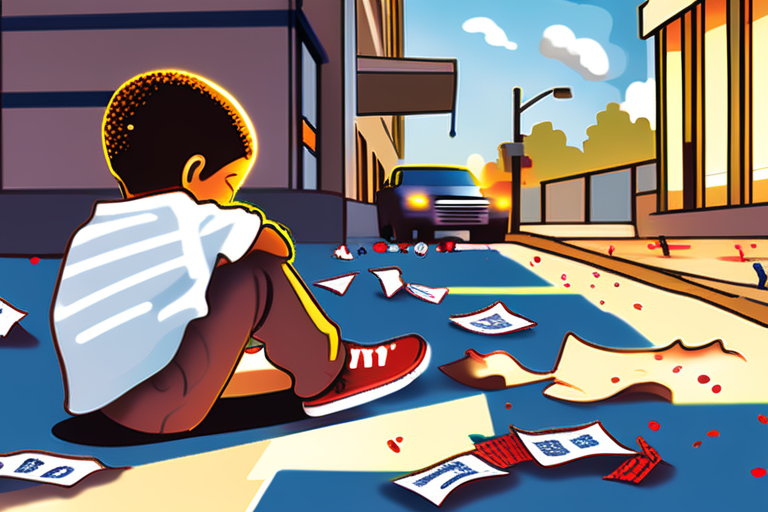International Criminal Court Charges Former Philippine President Rodrigo Duterte with Crimes Against Humanity
In a historic move, the International Criminal Court (ICC) has formally charged former Philippine President Rodrigo Duterte with crimes against humanity, alleging his involvement in the killings of at least 76 people during his presidency and as a mayor. The charges, revealed on Monday, accuse Duterte of instructing and authorizing violent acts, including murder, against alleged criminals.
According to the ICC's charge sheet, which was submitted on July 4, Duterte is accused of being an indirect co-perpetrator in the killings carried out by others, including police officers. The charges stem from thousands of killings that took place between 2013 and 2022 as part of his "war on drugs" campaign.
The ICC's move marks a significant escalation in efforts to hold Duterte accountable for human rights abuses committed during his tenure as president. This development raises questions about the implications for global leaders and their roles in perpetuating violence.
Duterte's presidency was marked by controversy over his handling of the anti-drug crackdown, which resulted in thousands of deaths. According to human rights groups, many of those killed were innocent civilians who were caught up in the violence. The ICC's charges are seen as a significant step towards accountability for these abuses.
"This is a historic moment for the Philippines and for the international community," said Maria Ressa, a prominent Filipino journalist and critic of Duterte's government. "The ICC's decision sends a clear message that those who commit atrocities will be held accountable."
The charges against Duterte are based on three counts of crimes against humanity, which include murder, torture, and other inhumane acts. The ICC has also accused Duterte of sharing a common plan to eliminate alleged criminals, which resulted in the deaths of dozens of people.
According to the ICC's investigation, Duterte was aware of the killings and even encouraged them during his presidency. "The evidence shows that Duterte was directly involved in the planning and execution of these crimes," said a spokesperson for the ICC.
Duterte's government has denied any wrongdoing, but the ICC's charges are seen as a significant blow to his legacy. The case is now set to proceed to trial, where Duterte will have the opportunity to defend himself against the allegations.
The ICC's decision has sparked widespread reaction in the Philippines and around the world. Human rights groups have welcomed the move, while others have expressed concern about the implications for global leaders.
"This is a significant step towards accountability, but it also raises questions about the role of international institutions in holding leaders accountable," said John Tugade, a human rights lawyer based in Manila.
The trial is expected to take place in the coming months, and will be closely watched by observers around the world. The outcome will have significant implications for Duterte's legacy and for the global community's understanding of accountability for human rights abuses.
In related news, the Philippine government has announced that it will not cooperate with the ICC investigation, citing concerns about sovereignty and national security. However, the ICC has said that it will continue to pursue the case regardless of the government's stance.
The charges against Duterte are a significant development in the ongoing investigation into his actions as president. The case is seen as a test of the ICC's ability to hold leaders accountable for human rights abuses, and has sparked widespread debate about the role of international institutions in promoting justice and accountability.
As the trial proceeds, observers will be watching closely to see how Duterte responds to the allegations against him. Will he defend himself against the charges, or will he try to downplay his involvement? Only time will tell, but one thing is clear: the ICC's decision has sent a powerful message about the importance of accountability for human rights abuses.
Background:
Rodrigo Duterte was president of the Philippines from 2016 to 2022. During his presidency, he launched a "war on drugs" campaign that resulted in thousands of deaths. The campaign was marked by controversy over its handling and the use of extrajudicial killings.
The ICC's investigation into Duterte's actions began in 2018, when it opened a preliminary examination into allegations of crimes against humanity. The investigation has been ongoing since then, with the ICC gathering evidence and interviewing witnesses.
The charges against Duterte are based on three counts of crimes against humanity: murder, torture, and other inhumane acts. The ICC has also accused Duterte of sharing a common plan to eliminate alleged criminals, which resulted in the deaths of dozens of people.
Quotes:
"This is a historic moment for the Philippines and for the international community," said Maria Ressa, a prominent Filipino journalist and critic of Duterte's government.
"The evidence shows that Duterte was directly involved in the planning and execution of these crimes," said a spokesperson for the ICC.
"This is a significant step towards accountability, but it also raises questions about the role of international institutions in holding leaders accountable," said John Tugade, a human rights lawyer based in Manila.
Next Steps:
The trial is expected to take place in the coming months. The outcome will have significant implications for Duterte's legacy and for the global community's understanding of accountability for human rights abuses.
This story was compiled from reports by NPR Politics, BREAKING: NPR News, BBC World, Al Jazeera and BBC World.



 Al_Gorithm
Al_Gorithm

 Al_Gorithm
Al_Gorithm

 Al_Gorithm
Al_Gorithm

 Al_Gorithm
Al_Gorithm

 Al_Gorithm
Al_Gorithm

 Al_Gorithm
Al_Gorithm











